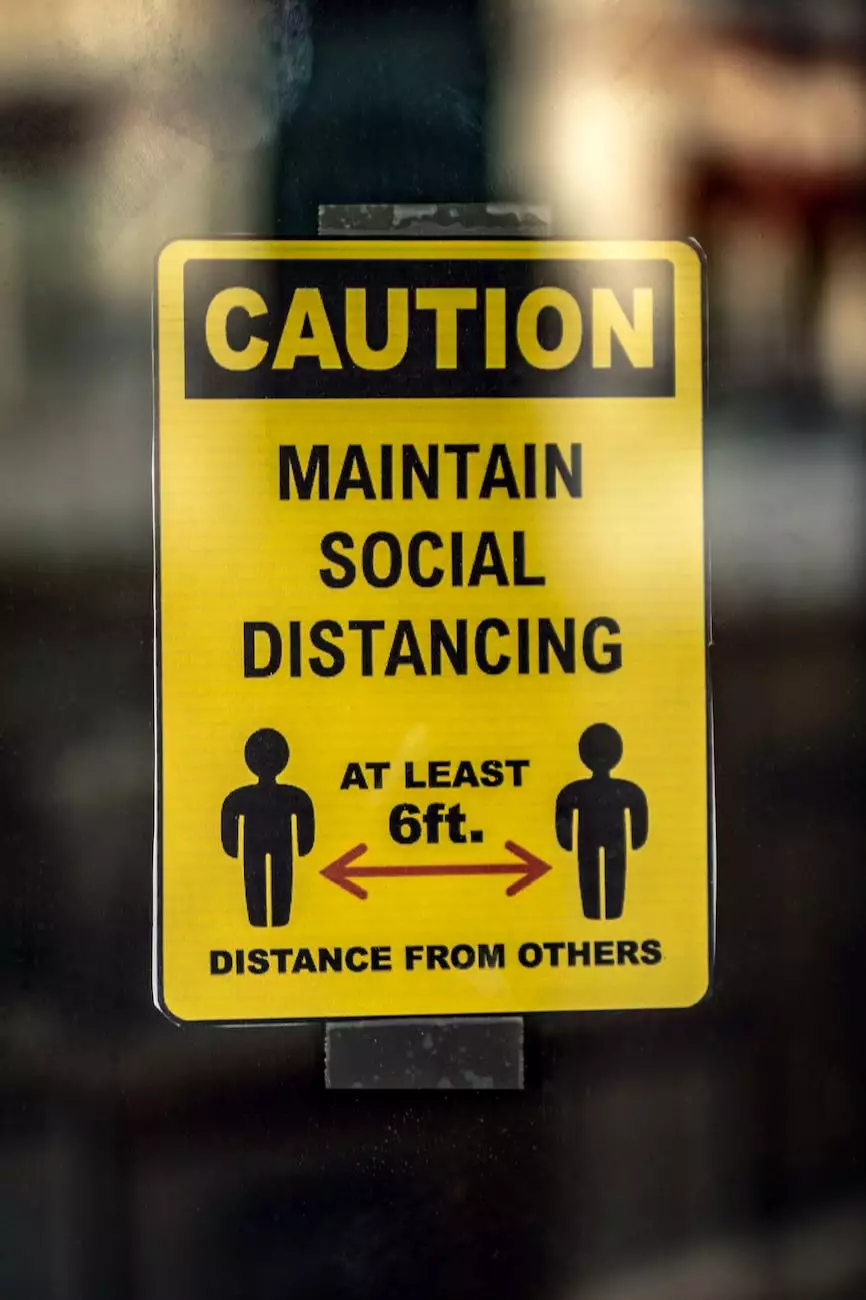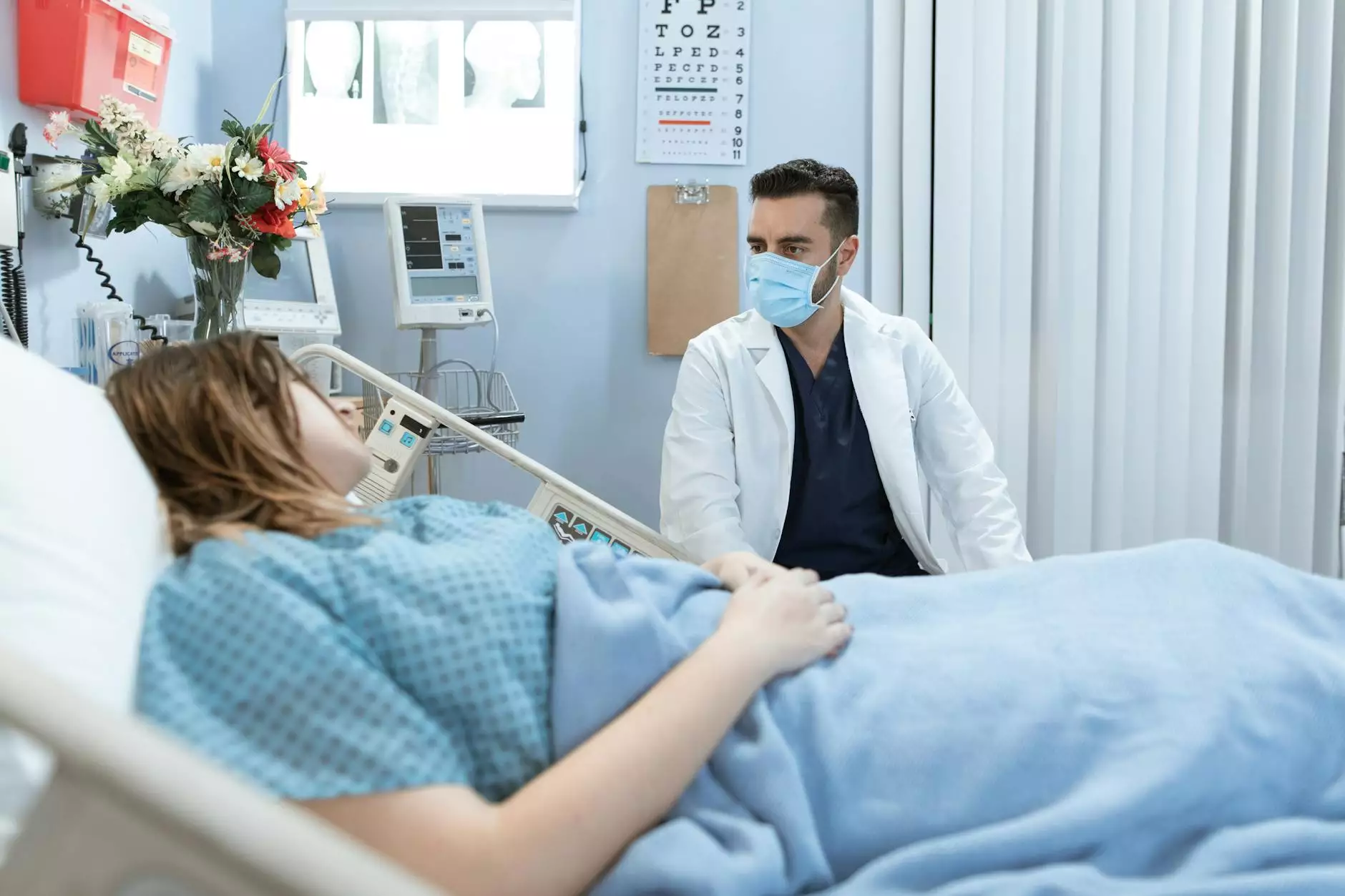TIER THREE – HIGH TRANSMISSION
Emergency Response
Welcome to the informative page on Tier Three – High Transmission, brought to you by Richard Martinez, MD. In this comprehensive guide, we provide detailed insights and expertise related to the novel coronavirus (COVID-19) outbreak with a focus on high transmission areas. Our goal is to empower individuals by offering valuable information and guidance to navigate through these challenging times.
Understanding the Novel Coronavirus (COVID-19)
The novel coronavirus, also known as COVID-19, emerged in late 2019 and has since caused a global pandemic. This highly contagious virus spreads through respiratory droplets and can lead to severe respiratory illness. It is crucial to stay proactive and informed about the latest developments, especially in areas with high transmission rates.
Identifying Tier Three – High Transmission Areas
Tier Three refers to areas with significant community transmission of COVID-19. These regions have experienced a high number of cases and are at an increased risk of virus spread. By identifying high transmission areas, individuals can take necessary precautions to protect themselves and their communities.
The Impact of High Transmission Areas
High transmission areas pose a greater risk to public health due to the rapid spread of COVID-19. In these regions, it is crucial to follow guidelines set by health authorities to mitigate the risk of exposure. Richard Martinez, MD emphasizes the importance of adopting preventive measures, such as wearing masks, practicing social distancing, and frequently sanitizing hands.
Preventing Transmission – Key Strategies
Preventing the transmission of COVID-19 is essential in high-risk areas. Richard Martinez, MD recommends the following strategies to minimize exposure and reduce the risk of infection:
- Adhering to Local Health Guidelines: Stay updated with the latest guidelines provided by local health authorities and strictly follow their recommendations.
- Wearing Masks: Properly wearing masks can significantly reduce the transmission of the virus. Ensure that masks cover both the nose and mouth while maintaining a snug fit.
- Practicing Social Distancing: Maintain at least six feet of distance from others to limit the risk of close contact transmission.
- Frequent Hand Hygiene: Wash hands thoroughly with soap and water for at least 20 seconds. In the absence of soap, use hand sanitizers with at least 60% alcohol content.
- Avoiding Large Gatherings: Limiting close interactions with individuals outside your immediate household can help reduce the risk of virus transmission.
Testing and Monitoring for COVID-19
In high transmission areas, it is vital to have access to testing facilities and regular monitoring. Regular testing can help detect and isolate cases promptly, preventing further spread. If you experience any symptoms or have been in close contact with someone who tested positive for COVID-19, seek immediate testing and follow the guidance provided by healthcare professionals.
Supporting Mental and Physical Health
Living in high transmission areas can be stressful and challenging for individuals and communities. Richard Martinez, MD emphasizes the importance of prioritizing mental and physical well-being during these times. Remember to:
- Maintain a Healthy Diet: Nourishing your body with a balanced diet can support your immune system and overall health.
- Engage in Regular Exercise: Physical activity is beneficial for both physical and mental health. Find activities that you enjoy and incorporate them into your routine.
- Stay Connected: Keep in touch with loved ones through virtual channels, such as video calls or social media platforms. Supporting each other emotionally can help alleviate stress and anxiety.
- Seek Professional Help: If you are struggling with your mental health, do not hesitate to reach out to mental health professionals who can provide support and guidance during these challenging times.
Conclusion
In conclusion, Tier Three – High Transmission areas require heightened vigilance to prevent the spread of COVID-19. Richard Martinez, MD encourages individuals to stay informed, follow guidelines provided by health authorities, and prioritize their mental and physical well-being. By taking collective action, we can mitigate the impact of this global pandemic and protect ourselves, our loved ones, and our communities.




